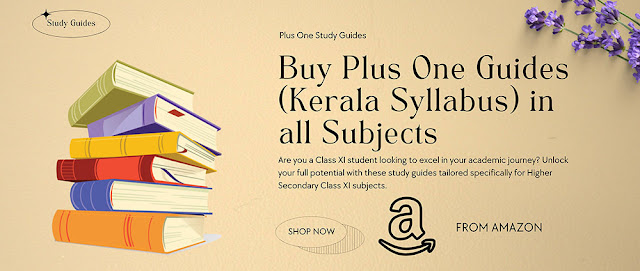'If' is a didactic poem by Rudyard Kipling. The poem is said to be inspired by his friend
Sir Leander Starr Jameson who led a failed attempt to seize the Boer armory
which led to the second Boer War. The
poet addresses the poem to his own son John.
It contains many characteristics considered essential to the ideal man.
In the first stanza the poet stresses the need to be
confident. But at the same time, one has
to be open to criticism from others. The
poet encourages patience, honesty and humility.
The poet advises his son to dream but not to make dreams his
master. He should think but should not
make thoughts his aim. Dreams and
thoughts are just paths to a destination and destination is more important than
the path itself. He should be able to treat successes and failures
equally.
In an ultimate expression of Victorian stoicism he teaches
his son, resilience. He should be able to start from square one even when all his winnings are
lost. It is important to have the will
power to hold on even in the face of total failure.
In the final stanza the poet teaches his son how to be in
the world yet not affected too much by the world around him. Most importantly
he should be able to fill each minute of his life with that minute's worth of
effort. Then the world will be his and
he will be a real Man.
Almost every line in the poem starts with 'if'. Most of these 'if' statements contain
paradoxes. But these paradoxes clarify
the message and lend its own force to the argument. The tone of the poem is hortatory or
instructive. The mood of the poem is solemn and sober. It ends on a positive note with the picture
of ideal manhood. Personification of
ideas like dream, triumph, failure and will adds drama to the poem. The poem is made more personal by the use of
the word 'you' to make it a direct address by the author. The poem is written
in four stanzas of two quatrains each rhyming ABAB


